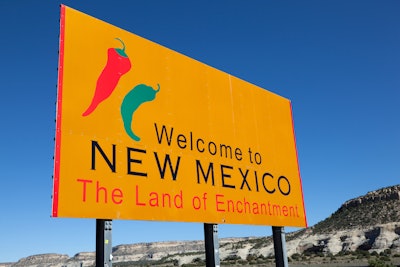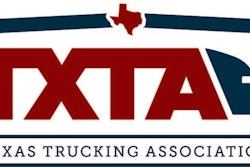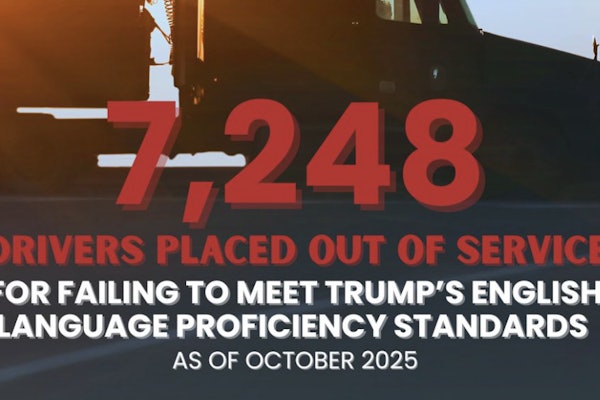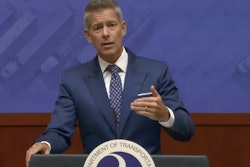
The New Mexico Motor Vehicle Division (MVD) is now checking the Federal Motor Carrier Safety Administration Drug and Alcohol Clearinghouse for potential drug and alcohol violations before taking action on commercial driver’s licenses.
The federal clearinghouse contains information about commercial driver’s license and learner’s permit holders who are covered by the administration’s drug and alcohol program. This will ensure commercial drivers who fail or refuse to submit to a drug or alcohol test will have their commercial license downgraded.
Under new federal rules, by November, all states must query the federal database before issuing, renewing, transferring or upgrading a commercial driver’s license. Previously, only employers were required to query the clearinghouse before hiring a driver.
The New Mexico agency said the program is meant to improve highway safety by identifying drivers who are prohibited from operating a commercial vehicle. It also ensures that those drivers receive required evaluation and treatment before being allowed to resume operating a commercial vehicle on public roads.
“Drivers of commercial vehicles are critical to the nation’s economy, and it is equally critical that they operate in a safe manner. This is one more tool to make sure that is happening,” said New Mexico MVD Director Htet Gonzales.
Employers must have drivers submit to drug tests before hiring, after accidents and randomly throughout the year. Positive test results or refusals to submit to testing must be reported to the clearinghouse. When a violation is reported to the clearinghouse, it automatically notifies the MVD that the driver has a ‘prohibited’ status and the license is automatically downgraded to a Class D, non-commercial license. The driver is notified of the downgrade by mail.
Similarly, if the driver completes the federal return to duty process after a violation and it is reported to the clearinghouse, the system generates a notice to the MVD, and the commercial license is automatically reinstated. New Mexico was the third state in the nation to integrate with the clearinghouse, after Utah and Texas and just before Rhode Island.








